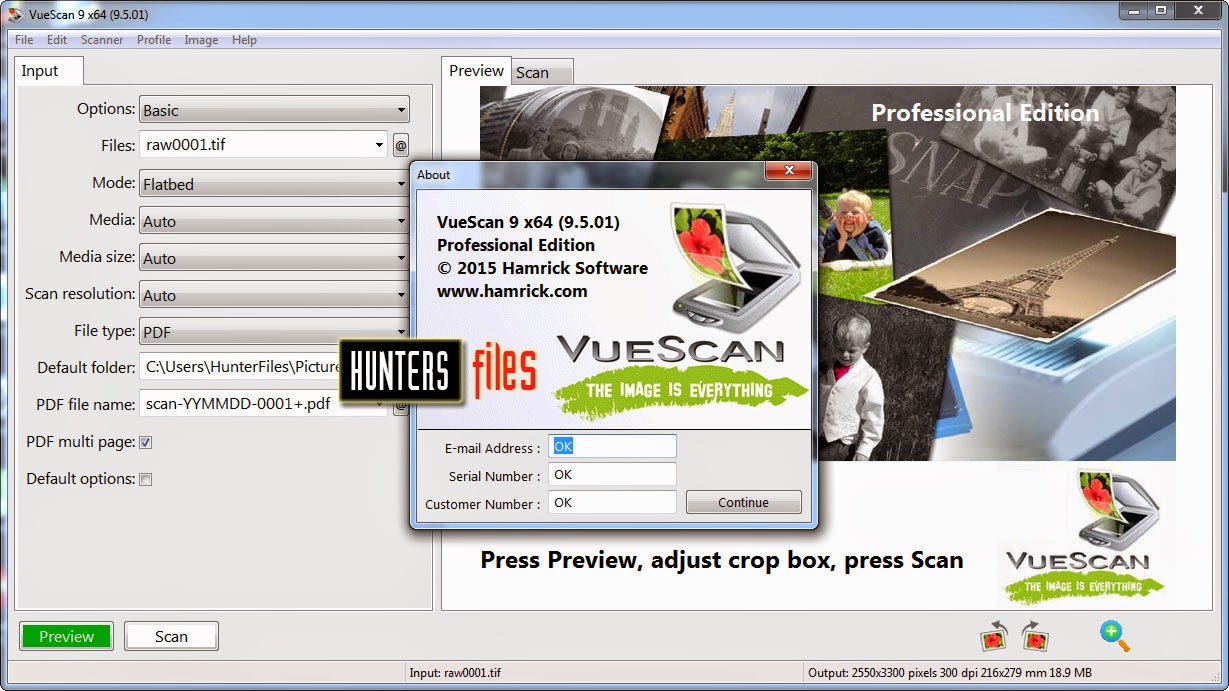

When I first started scanning my own photos I would jack the DPI as high as it would go. I find 1200 dpi does it for me: plenty of quality and workable file sizes. Step 3: If you are only posting photos on Lomography or just sharing them. You can always just flip it around when you get to that end of the roll or use something to space the bottom of the scanner from the mask but it should be something that is perfectly leveled. There is a drawback, part of your image area will be lost.

Solution: Push the mask to the bottom of the scanning bed, it keeps it level. Vuescan will try to scan by making a bunch of stop-and-go sounds then fail. Step 1: If you are going to use any of the Lomo scanning masks you can't have it pushed to the top of the scanner. I needed another scanning program so I could scan sprocket holes. VueScan 9: It can do great things, but it's been a headache at times.So I installed Vuescan 9 plugin for photoshop with Cs3. Photoshop Cs3: I had Cs3 and Vuescan before getting Cs5.I think my PC (it's a six core) is much fast, but the majority of my software in on the laptop.



 0 kommentar(er)
0 kommentar(er)
